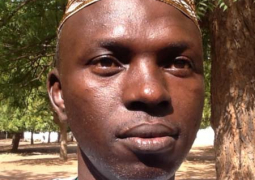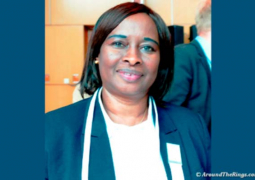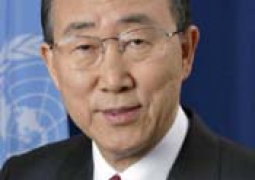The right to freedom of expression must be at the heart of the government system in The Gambia. The democracy we want to see in The Gambia should be a “market place of ideas and opinions” where the best ideas and solutions are freely discussed and argued about. The freedom to express one’s opinion – whether in writing, verbally, or in pictures – without state or other restrictions and interferences is just as imperative for this as the right of journalists to be able to carry out their duties unhindered and to be granted access to all important information and events in The Gambia.
The government of The Gambia should have a media policy that encourages the development of freedom of speech and press as well as its practical effectiveness in The Gambia. At the same time the work of journalists in The Gambia serves the freedom of having access to information, an elementary basic prerequisite for effectively exercising the freedom of expression. Because without freedom of information, freedom of expression often remains meaningless. Therefore, the state should ensure journalists are not restricted in their efforts to access information. Journalists on their part should be ethical in carrying out their duties.
It be must underlined that, freedom of expression and freedom of information are not luxuries to be indulged in only at the end of social development. They are the starting point for the development of a free and democratic society and nation. A route to meaningful and progressive development in The Gambia. Hence, it cannot be ignored by the state.
I would call upon the state to ensure that the media has the freedom to carry out their duty (free flow of information) without fear, intimidation or hindrance. The danger of the state interfering in the role of the media and freedom of expression is that, political, regulatory, and structural control of the media in The Gambia can restrict and discourage the development of an environment where views can be expressed freely.
In order to achieve press freedom and freedom of speech which are vital ingredients for the development of The Gambia, I would make a few recommendations that could prove to be helpful in moving forward:
1. The state should introduce and parliament enact a Freedom of Information Act that is consistent with international human rights standards.
2. The government of The Gambia should review all legislation and regulations pertaining to local and foreign media and consider making adjustments or abandoning them where necessary in conformation with international standards of freedom of expression and information.
However, the media also has a huge role to play and not just the government alone. On the part of the local media in The Gambia,
1. A code of conduct should be drafted if one doesn’t exist. This is important because it will help in the promotion of a professional media culture. This code of conduct should be guided by the international standards of freedom of expression and information.
2. The media in The Gambia should reinforce media training for all media personnel and this training should include ethical standards and human rights standards.
3. Furthermore, all state or private media institutions in The Gambia should ensure that there are no restrictions or time limits on broadcasting for all political parties or organisations in The Gambia. There should be equal distribution of broadcasting time for all political parties especially during elections. There shouldn’t be any double standards or advantage given to one party. All parties must be treated equally.
Lastly, civil society has a massive and important role to play in ensuring the Gambia achieves freedom of expression and information. Civil society should also monitor the media and campaign for an independent, ethical and professional media.




